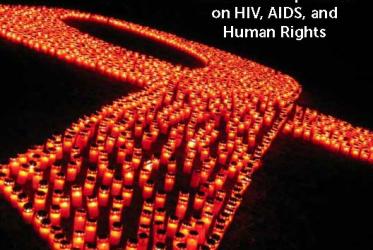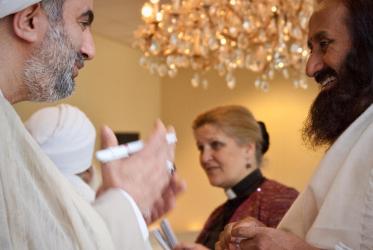Displaying 1 - 14 of 14
Rethinking Ecological Relationships in the Anthropocene era
11 - 13 February 2021
Keeping the Faith in Development: Gender, Religion and Health
20 September 2016
Salvation Army Auditorium, New York City, United States
2018 Ecumenical School on Governance, Economics and Management (GEM) for an Economy of Life
19 - 31 August 2018
Mexico City, Mexico









